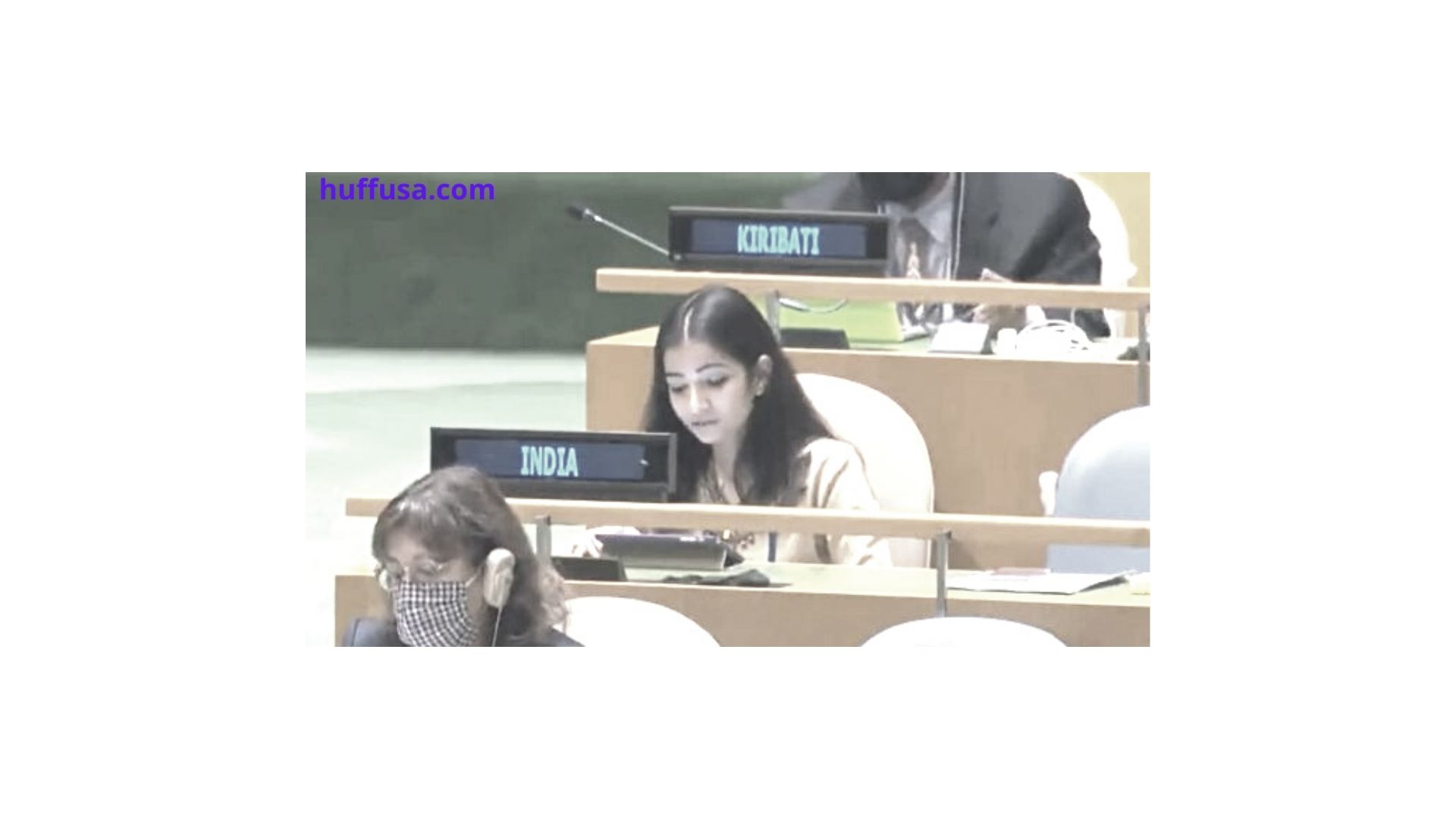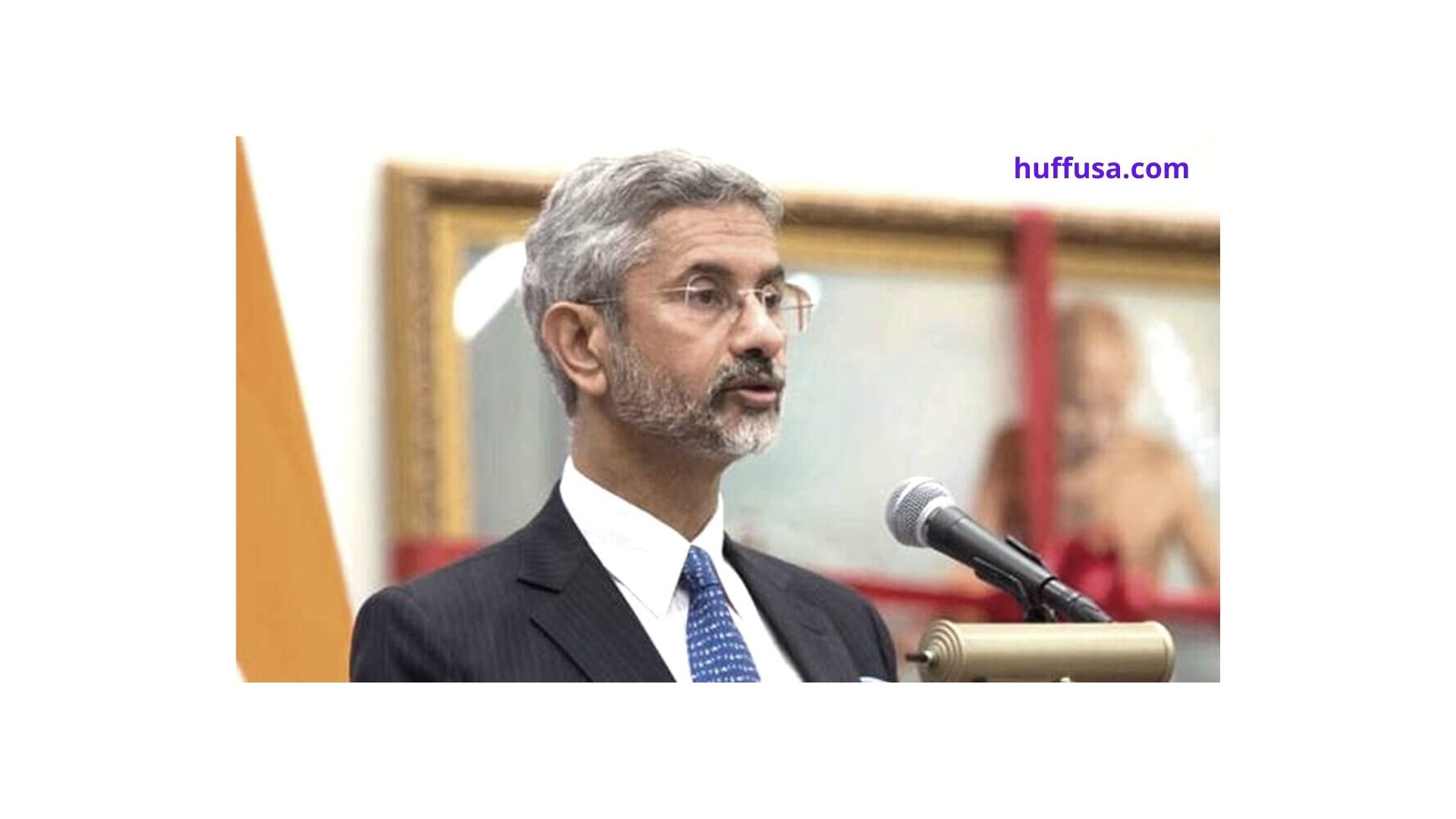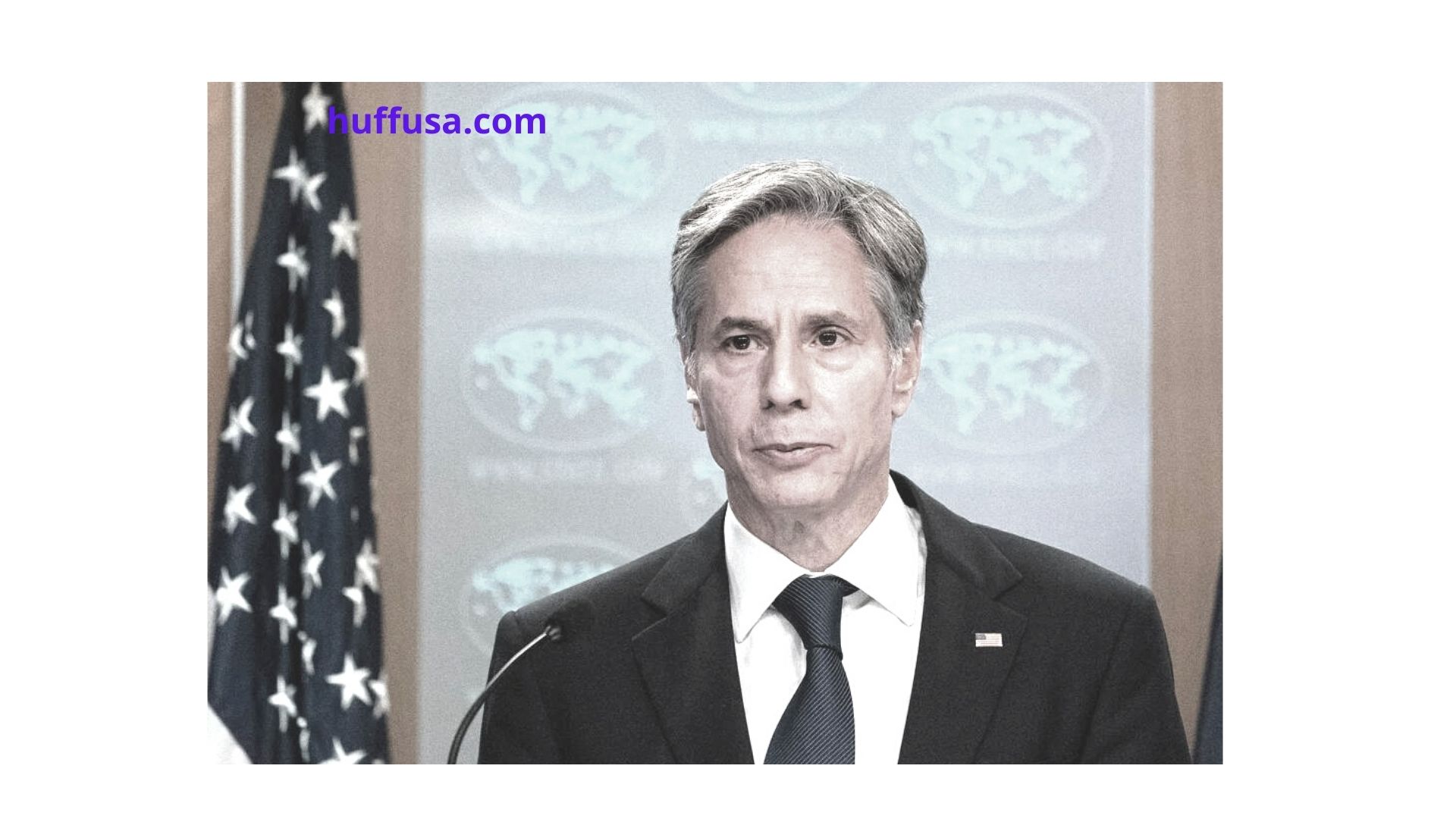‘J&K, Ladakh Were, Are, Will Always be Our Part’: India’s Strong Reply to Imran Khan at UN, Slams Pakistan Over Harbouring Terrorists
xercising its right of reply on Imran Khan’s statements on Kashmir at the UN, India on Saturday said on the planet forum that Pakistan has a longtime history and policy of harbouring, aiding and actively supporting terrorists.
It further stressed that the whole union territory of Jammu and Kashmir and Ladakh, “were, are and can always be an integral and inalienable a part of India”, including the areas that are under illegal occupation of Pakistan.
“Pakistan is an arsonist, disguising itself as firefighter. Minorities of Pakistan sleep in constant fear and state sponsored suppression of their rights,” First Secretary Sneha Dubey said at UN.
She added that Pakistan may be a country that has been globally recognised together “openly supporting, training and financing and arming terrorists” as a matter of State Policy.
“We keep hearing that Pakistan may be a ‘victim of terrorism’. Pakistan nurtures terrorists within the ir backyard in the hope that they’re going to only harm their neighbours. Our region, and actually the whole world, has suffered due to their policies. On the opposite hand, they’re trying to hide up sectarian violence in their country as acts of terror,” Dubey said.
This came after Imran Khan’s recorded message for played at the United Nations General Assembly, where he mentioned Kashmir 13 times in his speech and attempted to spread lies round the last rites of Hurriyat Leader Syed Ali Shah Geelani.
Khan pitched for “peace with India”, but added that sustainable peace in South Asia is “contingent upon the resolution of the Jammu and Kashmir dispute”. “The onus remains on India to make a conducive environment for meaningful and result-oriented engagement with Pakistan,” his statement read.
Khan and other Pakistani leaders and diplomats have consistently raked up the difficulty of Jammu and Kashmir and other internal matters of India in their addresses to the UN General Assembly and other forums of the planet organisation. Pakistan’s attempts to internationalise the Kashmir issue have gained no traction from the international community and therefore the Member States, who maintain that Kashmir may be a bilateral matter between the 2 countries.




